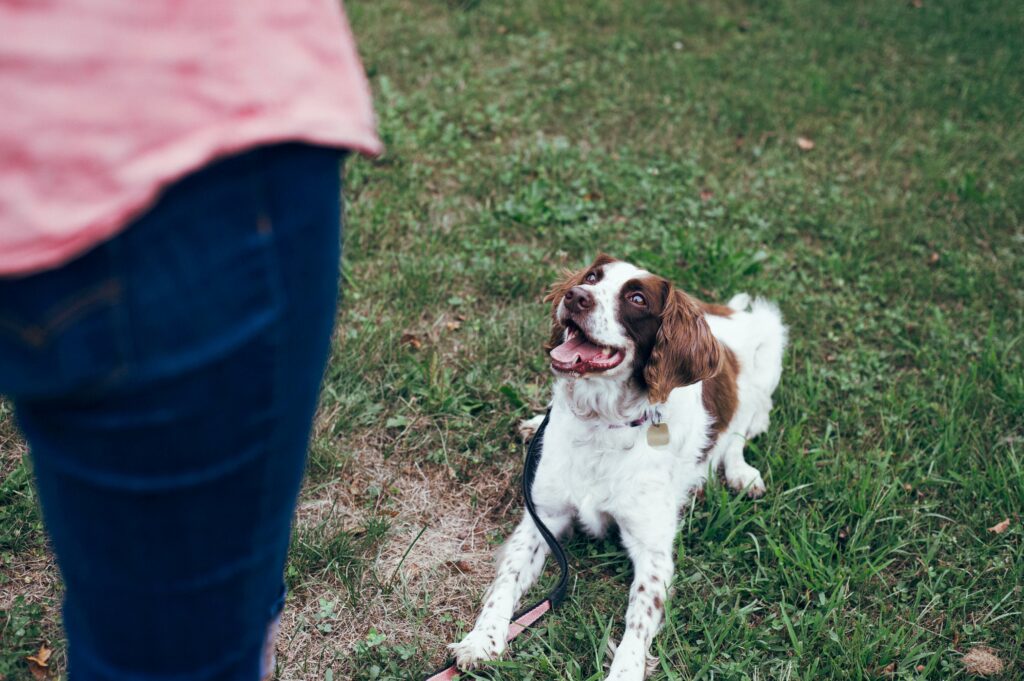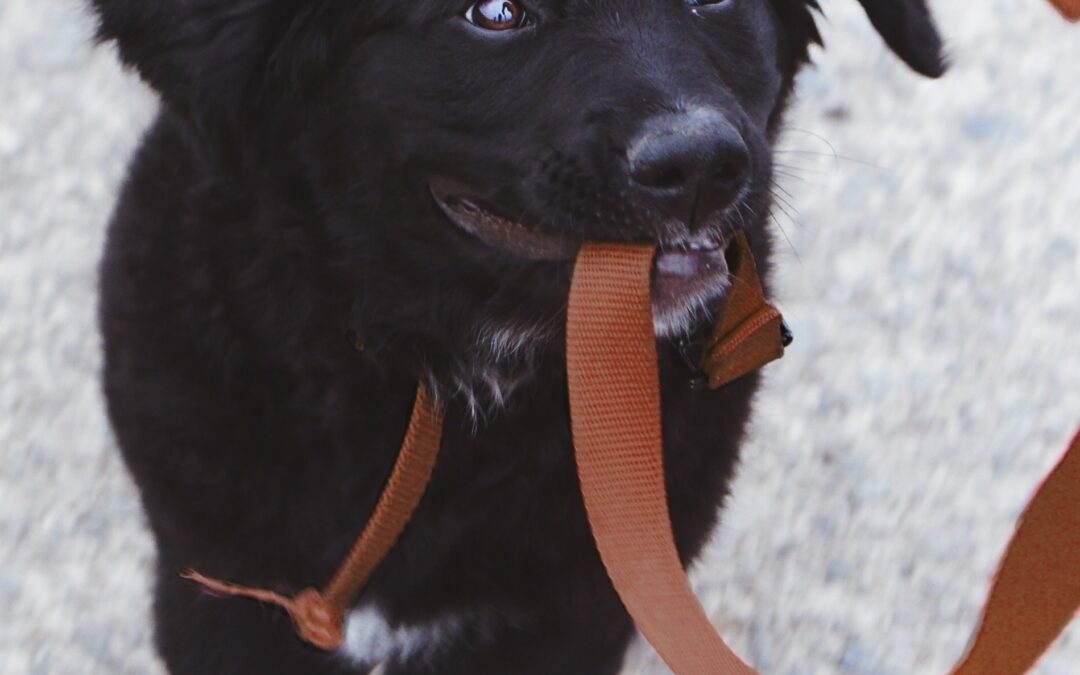“Get a puppy” they said; “It’ll be so much fun” they said; and it is! They’re cute and fun and loveable but what should you do when you start witnessing some slightly tricky behaviours?
Don’t ignore them! If you start asking yourself “Do my dogs need a dog school?” The answer is probably yes. And even before you witness any mildly troubling behaviour, it’s advisable to ask this question. It’s better to spend some time and energy on training early on rather than wait, although the old saying ‘you can’t teach an old dog new tricks’ is allegedly untrue. That said, early socialisation and training can save a lot of headaches and incidents that are avoidable.
When should I start my dog at dog training school?
Puppies go through a critical socialisation period at around three to seventeen weeks old. This is an ideal time to start them with socialisation and some training as they’re more malleable at this age and will take on desired behaviours more readily. That’s not say that you can’t start them later, but like human children, they absorb more and adapt more easily.
Having this early experience in a controlled setting is useful for helping them get used to other dogs, people and their behaviour. It’s also a great opportunity for guardians to learn about dog behaviour, care, and training, and to meet other dog owners.

Photo by Nick Mundackal on Unsplash
If my dog is older, can I take them to dog training school?
Yes, of course! Contrary to popular belief, old dogs can learn new tricks. It might take a little more patience, but dogs can go back to school at any age. In fact, many guardians repeat dog training regularly throughout their dog’s life – it can be a fun and educational activity for all concerned.
A word of warning though – if you’re thinking of enrolling your dog in training classes because of some extreme behaviours they’re displaying, it might be better contacting a dog behaviourist. If they’re very aggressive, anxious, or are biting and barking excessively, a behaviourist might be the best choice for your canine companion. Minor behavioural blips can be ironed out at dog training: things like pulling on the lead, peeing indoors, chewing, jumping up on people, and ignoring commands.

Photo by Daniel Lincoln on Unsplash
What are the benefits of dog training school?
Aside from training on the behaviours mentioned above, dog training school has a number of benefits:
- Builds self confidence for your doggo
- Prevents boredom and dogs love the extra interaction
- It’s social – for you and your pup
- Prevents and corrects unwanted behaviour such as chewing, jumping, pulling, disobeying and possessiveness
- It teaches the owner about dog behaviour and care
- It can help your dog deal with new environments
- Children can learn about safe dog handling
What can I do to support my dog with training school?
While it’s great to be in a controlled, safe environment within the dog training school, there’s a whole bunch of time when you’ll be at home with your dog. Tips to bear in mind when you’re ‘going it alone’ include:
- Patience – take it slowly and don’t expect too much too soon
- Enjoy yourself! Your dog will pick up on your vibes so have fun with it.
- Create an environment as close to dog training school as you can – take away distractions and dangers.
- Keep it short and don’t exhaust them with training
- End on a positive note so that your doggo feels confident and accomplished!

Photo by Destiny Wiens on Unsplash
How can I find a good dog training school?
Once you’ve made the decision to embark on dog training school, there’s the question of finding a good one. Often the best way to do this is by asking around – chat to fellow dog walkers, your vet, dog groomers or your doggie day care staff.
It might be worth checking out what qualifications they’re required to have in your geographical location and if they have experience with a wide range of breeds/dogs. Their manner will usually tell you everything you need to know – ask if you can come and observe a class without your dog first before signing up.
Dogs’ behaviour can often become a point of tension between them and their human guardian, but it doesn’t have to be. Enrolling your pup in dog training school can bring so many benefits in terms of you learning about them and them learning what to expect from you. It can also be a fantastic bonding experience and a great excuse to spend more time with them.
Learn more about us
Subscribe to the DAR Newsletter below:
About the author



Your post offers a unique perspective that challenges the conventional wisdom on the topic. It’s thought-provoking. For more details, click here.
This is an outstanding piece of content. I’m impressed by how well you’ve explained the subject. If you want to learn more, click here.
“Unlock the secrets to successful dogs and cats training at Train-Your-Pets! Check out our comprehensive guide and transform your pet’s behavior today. Don’t miss out: Learn more here!”